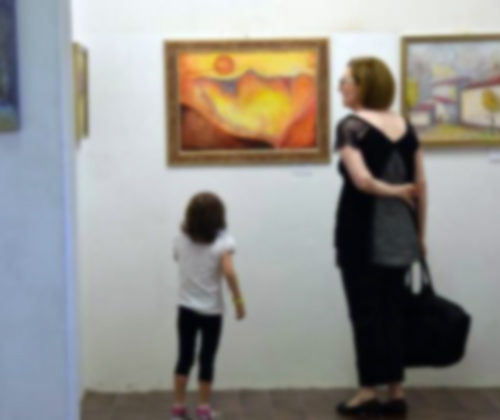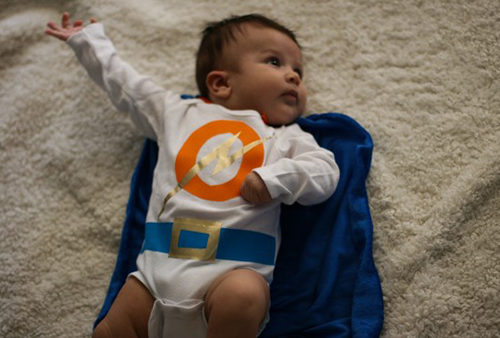The Aleut were a population that lived on some islands in the North Pacific with very little vegetation and no trees while the Tlingit lived on islands with lots of forests. For this reason, the former built their boats pasting together wood fragments found on beaches, whereas the latter cut down whole trees and dug...
Author: Michael Mostert (Michael Mostert)
KIDS AND TV
Of the many reasons why children should not spend too much time in front of TV, I’ll choose two. First, the time lapse between one TV image and the next is in milliseconds. Instead, when we look at things around us like a tree and then a dog the time lapse in passing from one...
TOO SMALL TO UNDERSTAND
A father recently told me that he and his wife no longer went to art exhibitions as they had two kids aged two and four years who would not understand anything of what they saw and might even try to touch the precious works of art. Would we ever say that we should not speak...
COULD YOU PLEASE GIVE ME A TURNIP?
At eighteen months of age infants understand the intentions of adults even when these are only hinted and not followed-up on. However, they do not understand the intentions of an inanimate model that copies the same actions performed by a person. Show a group of 18-month old infants a plate of broccoli and another group...
THE TRANSFER OF INFORMATION
Language allows info to rapidly pass from one person to another. This exchange of data allows millions of people to adapt rapidly and together to sudden environmental changes. Complex behaviors that are sometimes necessary for survival are learned simply by listening to other people speak. The transfer of info, and thus of ideas, is a...
OUR CHILDREN’S FRIENDS
The enormous attraction that almost all children and teenagers feel for the world outside home is necessary if they are to form bonds, enter society and face the world. It is a strategy dictated by nature and evolution. Children have their rules, traditions, language and games. Their aim is not that of becoming successful adults...
MIRROR NEURONS
At two weeks of age newborns copy someone whom they see sticking out his tongue. Newborns map the action they have just seen someone do thanks to mirror neurons and then they try to reproduce the mapped action. The process is automatic and based on a copy/paste process. Perception and production do not have to...
CHILDREN PLAYING
Three or four-year old children who spend a lot of time together, as happens in a kindergarten, may ‘get infected’ by certain traits their friends have. Children whose play mates are outgoing or work hard tend to copy these traits in time. Instead, children whose friends are anxious or easily discouraged do not copy these...
AN INNATE SENSE OF JUSTICE
A Japanese study reveals that children under one year of age are attracted by images of heroism where the weak are protected against aggressors. In most societies today as in the past, protecting the weak out of pure altruism and for no personal gain is seen as an heroic act. Understanding these actions means recognizing...
STEALING
By the age of 3-4 years children understand the meaning of stealing something physical. It will still take about two years to understand the concept of stealing an idea. Five or six-year old children who are learning to write are not bothered by someone their age who copies on a sheet of paper the letters...










